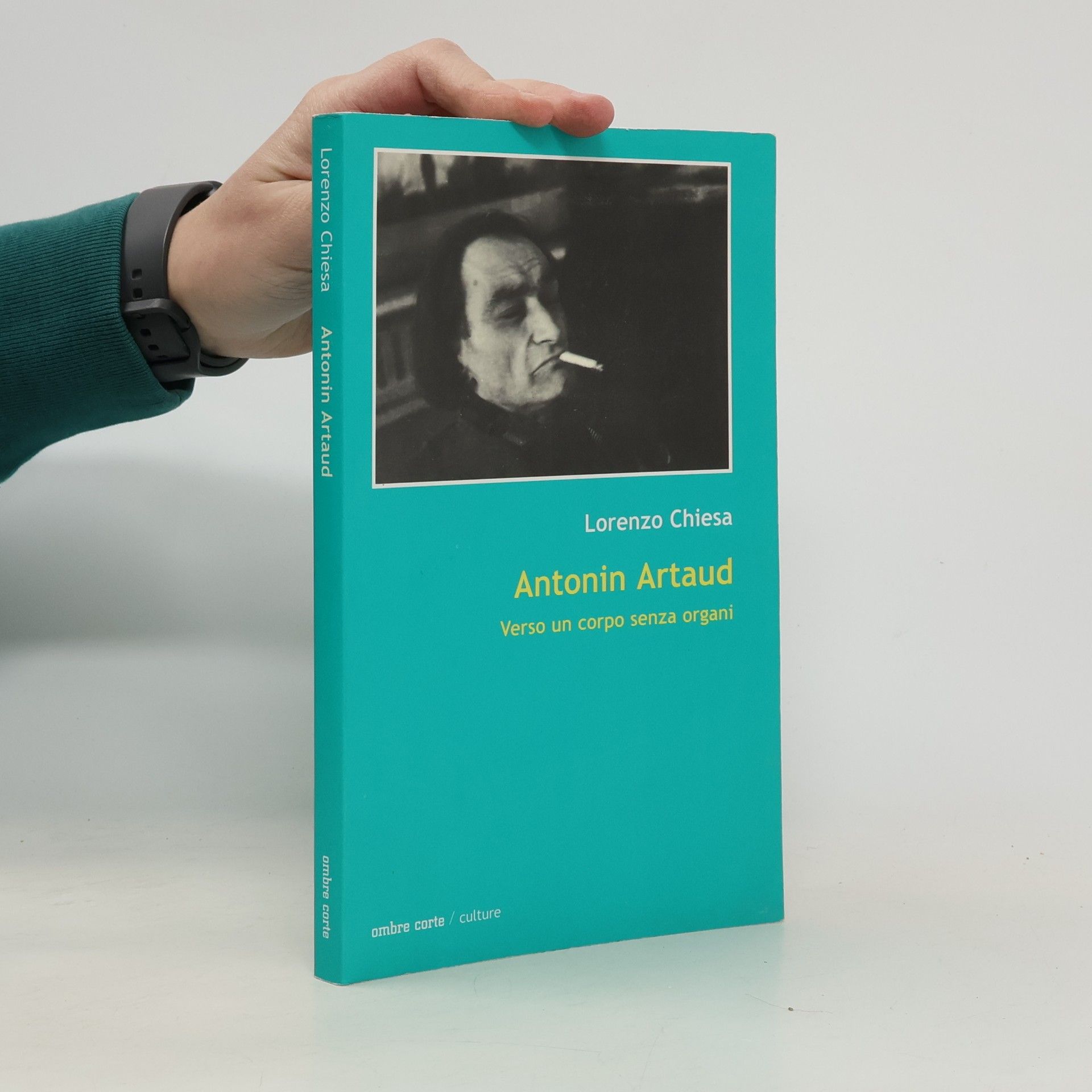The book explores the evolution of subjectivity in Jacques Lacan's work, arguing against both "pro-Lacanians" and "anti-Lacanians" by presenting Lacan as a systematic thinker. Lorenzo Chiesa provides a philosophical analysis of the Lacanian subject's relationship to otherness, examining its development through the Imaginary, Symbolic, and Real orders. He highlights the continuity in Lacan's theories despite apparent contradictions, ultimately portraying the Lacanian subject as an irreducible lack that challenges contemporary notions of subjectivity, bridging psychoanalysis and philosophy.
Lorenzo Chiesa Livres
Lorenzo Chiesa explore de profondes questions philosophiques sur la subjectivité et l'altérité. Son œuvre aborde l'interaction complexe entre la logique et la foi, s'appuyant souvent sur la théorie psychanalytique. Chiesa examine comment notre compréhension de nous-mêmes façonne le monde qui nous entoure. Son écriture offre un regard pénétrant sur la psyché et l'existence humaines.

